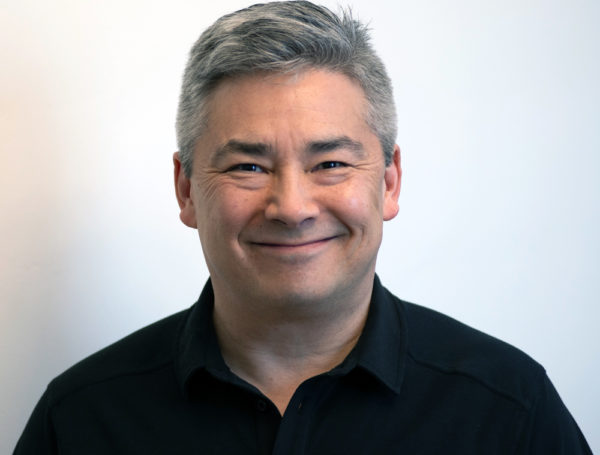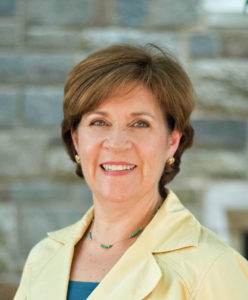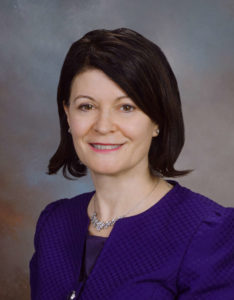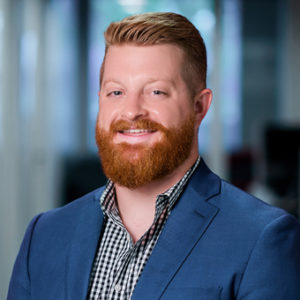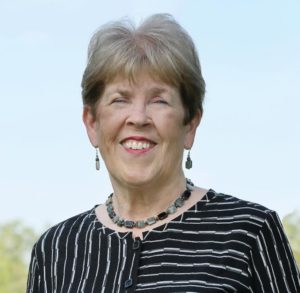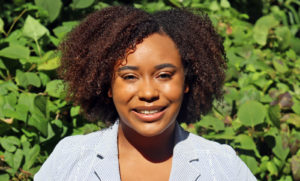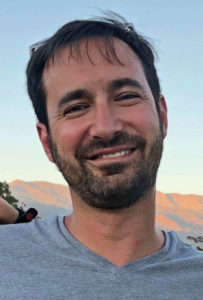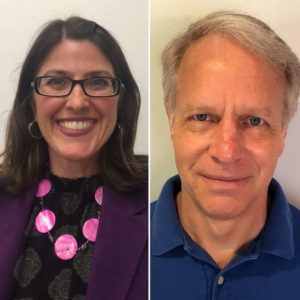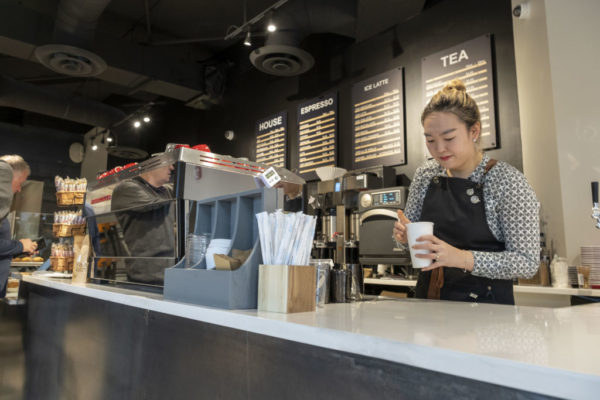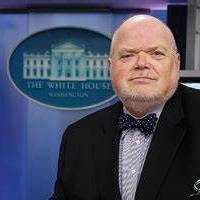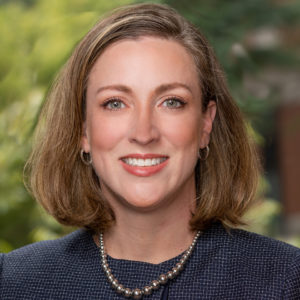Progressive Voice is a biweekly opinion column. The views expressed are solely the author’s.
By Wesley Joe
Despite the heroic efforts of Arlington Public Schools (APS) staff, students and parents, our K-12 students are sustaining consequential learning losses this year. The declines are sharpest among more vulnerable students, such as English learners, special education students, and low-income minority kids. By the end of the school year, losses could be disastrous.
Looking at national achievement data from the fall, McKinsey and Co. found that “students of color could be 6 to 12 months behind, compared with 4 to 8 months for white students.” While the community grapples with the challenges of learning during a pandemic, we must also consider measures that enable students to make up the year’s lost ground.
In the hope of initiating a broader community conversation, I offer some suggestions. Planning for these efforts and finding funding must begin now. The recovery measures will cost money, preferably offset by temporary, supplemental state funding. Hence we must encourage our elected officials to put this issue on the agenda of the state legislative session that begins later this month. APS and the County Board also will need sufficient lead time to create alternative funding sources. A School Board member with whom I spoke acknowledged the difficulty of finding substantial new funding.
Recovery work should proceed mostly in face-to-face mode, once it is safe to do so. This view is based on parent feedback I’ve heard as a member of APS’s Math Advisory Committee, and my own experience as both an APS parent and someone who teaches online (albeit postsecondary, which in some ways is easier than K-12). APS students and teachers will recover learning losses more quickly and effectively in a live classroom. That said, virtual options should be available for families who need them.
As a start, APS should offer supplemental coursework to help reduce the learning losses. In high school, current students should be able to take an additional semester of classes. If doing so delays matriculation to college, a student could devote the remaining time to compensated community service, such as tutoring (more about this below), or earning transferable (and probably less expensive) college credits at an area postsecondary school (e.g. Northern Virginia Community College, George Mason University). Richmond should make this financially viable for the next several years, even though it’s expensive, because the long-term costs will be even greater than neglecting the learning losses.
The state, the Arlington County Board, or both should provide funding for APS to hold at least part-time summer school on a larger scale. Students who received D or lower grades, or who received low scores on key assessments, such as the highly predictive Math Inventory (a progress test that students take several times each school year), should be required to take summer make-up classes to achieve at grade-level. If we temporarily need additional teaching staff, hire some qualified, limited-term teachers. Indeed, Martin West at Harvard’s Graduate School of Education found that teachers who join the profession during a recession are at least as effective as those who start during boom times.
Additionally, limited mathematics and English language arts options (such as APS classes, Virtual Virginia, or postsecondary classes) should be available for students who perform at grade level but still need the deeper instructional engagements, such as deeper math work or more complex writing assignments and feedback, that were possibly sacrificed this year.
Summer school alone, however, will not suffice. APS must also offer supplements during the school year. APS could partner with local postsecondary schools to establish a Community Tutoring Corps. This group could be teachers’ “force multiplier” for high-intensity tutoring of small groups of students who have fallen far behind. Qualified college students and high school students could earn some kind of experiential learning course credit or perhaps tuition assistance for assisting with the tutoring.
The need to narrow the learning gap is urgent. I am certain that a community as creative and resourceful as Arlington can come up with even more ideas, which the superintendent and School Board can assess. Delay will only multiply the learning loss damage that is measured in financial costs, mental health problems, dropout rates and diminished prospects in life. Let’s begin that urgent conversation now.
Wesley Joe is a current APS parent, a member of the APS Math Advisory Committee, and a former member of the APS Advisory Council on Instruction. He has lived in Arlington for more than 20 years and teaches at Georgetown University’s McCourt School of Public Policy.


